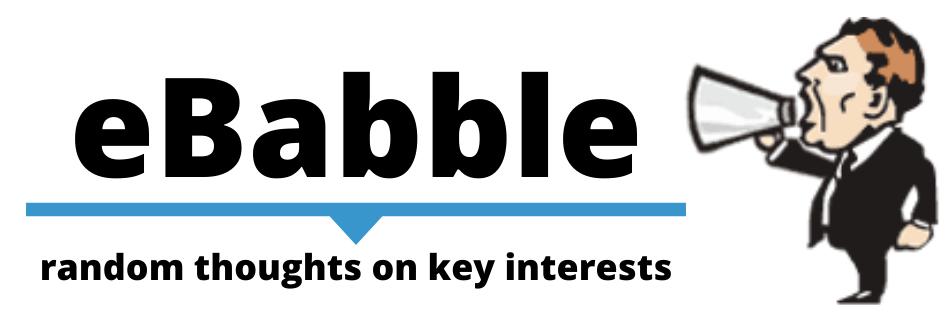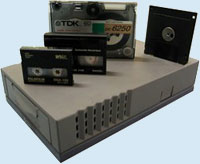I’ve gushed extensively about the wonder that is Windows Home Server. I recently gave Windows Small Business Server 2008 a spin to check it’s backup handling but it left me wanting: no current Windows platform backup program gets as much done at such a low cost as Windows Home Server.
For the small business backup is key. You probably have file sharing set up on your local file server and nightly backups of that data, most likely to a removable hard drive or NAS device. You may even have a dedicated backup application that backs up your file server and desktop PCs to some network storage or tape. Let me explain why Windows Home Server (WHS) should be implemented.
WHS has three key items as part of it’s backup that make it a critical small business tool: lets go through them. First and foremost it includes a software agent that backs up desktop PCs and Windows servers: that’s right, install the agent and it will back up Microsoft’s line of server products including SBS, Exchange, SharePoint, etc. You just need a unique login for each server, not just administrator since that’s taken by WHS. Second it has a unique method of saving files: once a copy of the file is on the WHS it places a pointer to that file for all other backups, so one backup of XP Professional or six will take the same amount of storage space for system files. In big companies the IT team can re-image your PC and get the apps reinstalled, but for a small company it’s so much easier to boot from a CD and reload last night’s complete backup of your PC. Third it shares files amongst it’s storage pool of hard drives in a software type of RAID that is very efficient: WHS duplicates files across multiple hard drives so in the event of a drive failure your data is safe.
The other key advantage of WHS is cost: about $140 gets you the software product that will accept up to ten clients. Yes ten clients is a limitation for this option of backup server, but you can run multiple instances of Windows Home Server: they each need a unique name and you’d have to make sure the client software pointed to the right WHS system. Back to cost: WHS is light on system requirements so you could repurpose older hardware to fit the bill, or for under $600 you could pick up a complete system with WHS already installed.



